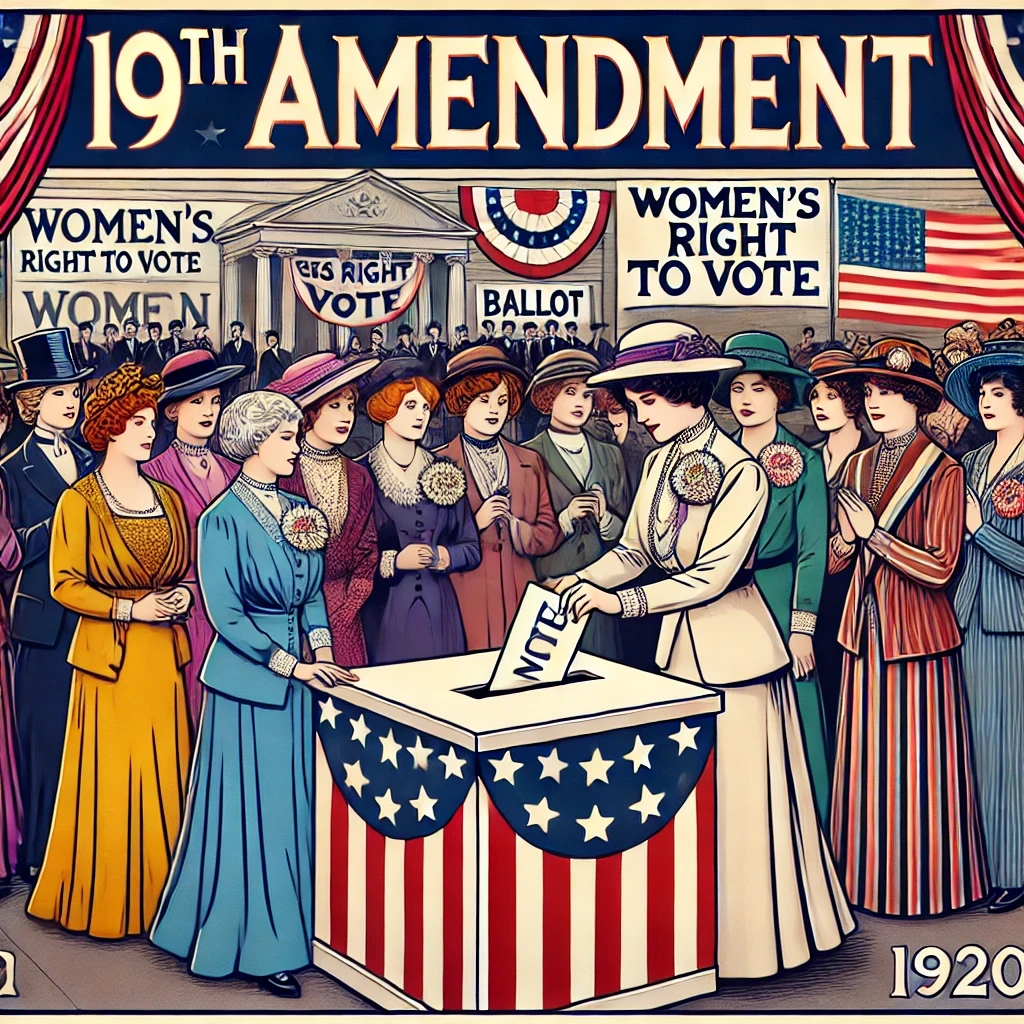Franchise
Definition
Franchise generally refers to a right or license granted to an individual or group to market a company's goods or services in a particular territory. It can also indicate the right to vote in public and political elections.
Parts of Speech
- Noun
- Verb
Pronunciation
American English
- IPA Pronunciation: /ˈfrænˌtʃaɪz/
- Respelling: FRAN-chyz (with "FRAN" as in "fan" and "chyz" as in "eyes")
British English
- IPA Pronunciation: /ˈfrænˌtʃaɪz/
- Respelling: FRAN-chyz (with "FRAN" as in "fan" and "chyz" as in "eyes")
In both dialects, "franchise" places the primary stress on the first syllable, "FRAN." The pronunciation is the same across both American and British English, focusing on the clear articulation of "FRAN-chyz."
Etymology
The term "franchise" originates from the Old French word "franchir," meaning "to free," derived from "franc," meaning "free." It was used in medieval England to describe the granting of rights or privileges, such as the right to conduct certain trades or operate in a particular area. Over time, the term evolved to include the specific business model seen today, where a brand owner licenses its business methods and trademarks to franchisees.
Derivatives
- Franchising (noun)
- Franchisee (noun)
- Franchisor (noun)
- Franchisable (adjective)
- Franchise-holder (noun)
Synonyms
- License
- Charter
- Suffrage (when used in the context of voting)
Antonyms
- Prohibition
- Restriction
- Ban
Usage
The term "franchise" is commonly used in the business world to describe a model where a franchisee operates a business under the branding and business model of an established company. It is also used in political contexts to describe the right to vote, often referred to as "suffrage." Franchises are prevalent in industries like food service, retail, and hospitality, where brand consistency and business replication are important.
Related Terms
- Licensing
- Partnership
- Branding
- Distribution
- Dealership
Detailed Definition
Noun
- A Licensing Agreement: A business arrangement in which the franchisor grants the franchisee the rights to operate a business under its brand name, using its established processes and products.
- Example: McDonald's operates as a franchise, allowing individuals to open their own restaurant under the company's brand.
- A Group of Licensed Operations: The collection of businesses operating under a common franchisor's brand and guidelines.
- Example: The Subway franchise has thousands of outlets worldwide.
- The Right to Vote: The legal right granted to individuals to participate in political elections; often referred to as suffrage.
- Example: The 19th Amendment to the U.S. Constitution extended the franchise to women in 1920.
Verb
- To License the Operation of a Business: The act of a franchisor granting rights to a franchisee to operate a business under its brand and guidelines.
- Example: The company decided to franchise its operations to expand into new markets.
franchise



🇨🇳 Mandarin
- 特许经营 (Tèxǔ jīngyíng) - [as in business franchise]
- IPA: [tʰɤ̀.ɕy̌ t͡ɕīŋ.ǐŋ]
- Respell: Te-xu jing-ying
- 选举权 (Xuǎnjǔ quán) - [as in voting rights]
- IPA: [ɕɥɛ̀n.t͡ɕy̌ t͡ɕʰy̌ɛn]
- Respell: Xuan-ju quan
🇮🇳 Hindi
- फ्रेंचाइजी (Phren̄caijī) - [as in business franchise]
- IPA: [pʰɾeːn.t͡ʃaː.i.d͡ʒiː]
- Respell: Phren-cha-iji
- मताधिकार (Matādhikār) - [as in voting rights]
- IPA: [mə.t̪aː.d̪ʱi.kaːɾ]
- Respell: Mata-dhikar
🇪🇸 Spanish
- Franquicia - [as in business franchise]
- IPA: [fɾaŋˈki.sja]
- Respell: Fran-qui-cia
- Derecho de voto - [as in voting rights]
- IPA: [deˈɾetʃo ðe ˈβoto]
- Respell: De-re-cho de vo-to
🇫🇷 French
- Franchise - [as in business franchise]
- IPA: [fʁɑ̃ʃiz]
- Respell: Fran-chise
- Droit de vote - [as in voting rights]
- IPA: [dʁwa də vɔt]
- Respell: Droa de vote
🇸🇦 Modern Standard Arabic
- الامتياز (Al-imtiyāz) - [as in business franchise]
- IPA: [al.im.tiˈjaːz]
- Respell: Al-im-ti-yaz
- حق التصويت (Ḥaqq al-taṣwīt) - [as in voting rights]
- IPA: [ħaqq at.tasˈwiːt]
- Respell: Haqq al-tas-wit
🇧🇩 Bengali
- ফ্র্যাঞ্চাইজি (Phrẏāñcā'iji) - [as in business franchise]
- IPA: [pʰɾæɲtʃaɪdʒi]
- Respell: Phryan-cha-iji
- ভোটাধিকার (Bhōṭādhikār) - [as in voting rights]
- IPA: [bʱoʈaːdʱikaːr]
- Respell: Bho-ta-dhikar
🇷🇺 Russian
- Франшиза (Franshiza) - [as in business franchise]
- IPA: [franˈʂɨzə]
- Respell: Fran-shi-za
- Избирательное право (Izbiratel'noye pravo) - [as in voting rights]
- IPA: [ɪz.bʲɪ.rə.tʲɪlʲˈno.jɪ ˈpra.və]
- Respell: Iz-bi-ra-tel-no-ye pra-vo
🇵🇹 Portuguese
- Franquia - [as in business franchise]
- IPA: [fɾɐ̃ˈki.ʒɐ]
- Respell: Fran-ki-za
- Direito de voto - [as in voting rights]
- IPA: [dʒiˈɾejtu dʒi ˈvotu]
- Respell: Di-rei-to de vo-to
🇮🇩 Indonesian
- Waralaba - [as in business franchise]
- IPA: [wa.raˈla.ba]
- Respell: Wa-ra-la-ba
- Hak suara - [as in voting rights]
- IPA: [hak ˈsu.a.ra]
- Respell: Hak su-a-ra
🇩🇪 German
- Franchise - [as in business franchise]
- IPA: [fʁɑ̃ˈʃaɪ̯zə]
- Respell: Fran-chi-ze
- Wahlrecht - [as in voting rights]
- IPA: [valʁɛçt]
- Respell: Wahl-recht
🇯🇵 Japanese
- フランチャイズ (Furanchaizu) - [as in business franchise]
- IPA: [ɸɯɾant͡ʃaizu]
- Respell: Fu-ran-cha-i-zu
- 投票権 (Tōhyōken) - [as in voting rights]
- IPA: [toː.hjoː.ken]
- Respell: To-hyo-ken
🇻🇳 Vietnamese
- Quyền nhượng quyền - [as in business franchise]
- IPA: [kwiənˀ ɲɨəŋˀ kwiənˀ]
- Respell: Quyen nhuong quyen
- Quyền bầu cử - [as in voting rights]
- IPA: [kwiənˀ ɓaːw kɨ]
- Respell: Quyen bau cu
🇰🇷 Korean
- 프랜차이즈 (Peuraencha-ijeu) - [as in business franchise]
- IPA: [pʰɯ.ɾɛn.t͡ɕʰa.i.d͡ʒeu]
- Respell: Peu-raen-cha-i-jeu
- 투표권 (Tupyo-gwon) - [as in voting rights]
- IPA: [tʰu.pʰjo.ɡwʌn]
- Respell: Tu-pyo-gwon
🇹🇷 Turkish
- Franchise - [as in business franchise]
- IPA: [fɾɑnˈʃaɪz]
- Respell: Fran-chise
- Oy hakkı - [as in voting rights]
- IPA: [oj ˈhakːɯ]
- Respell: Oy hak-ki
🇵🇰 Urdu
- فرنچائز (Farnchā'iz) - [as in business franchise]
- IPA: [fəɾənt͡ʃaːʔɪz]
- Respell: Faran-cha-iz
- ووٹنگ حق (Voting haq) - [as in voting rights]
- IPA: [ʋoːʈɪŋ haq]
- Respell: Vo-ting haq





